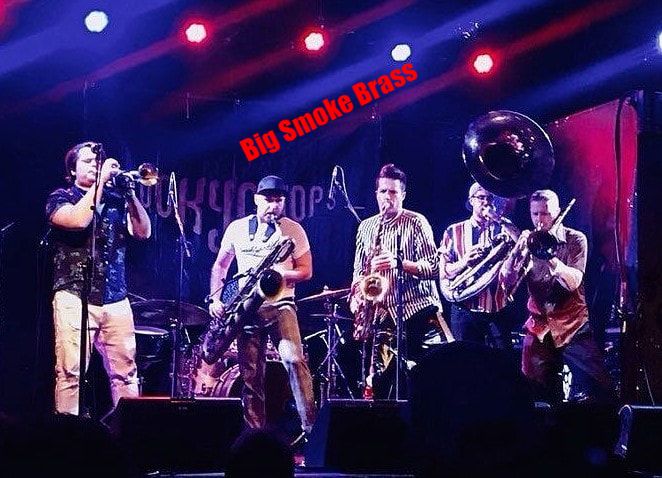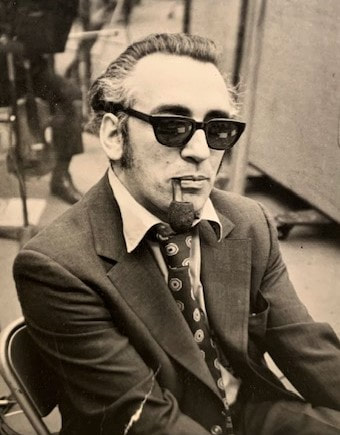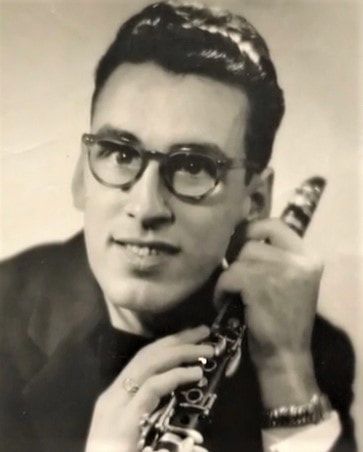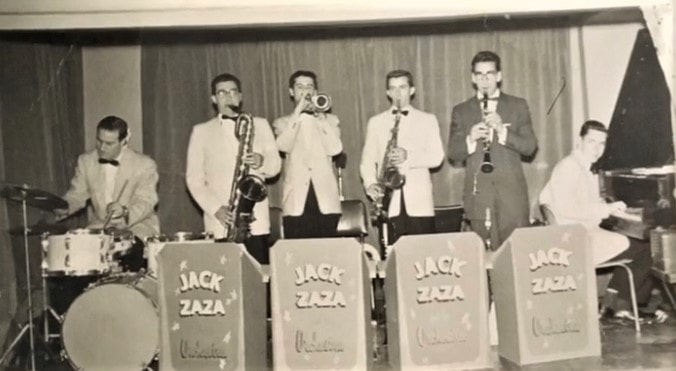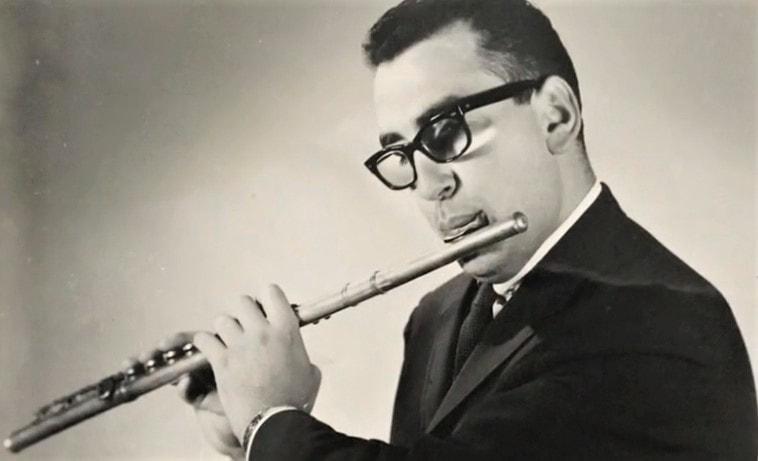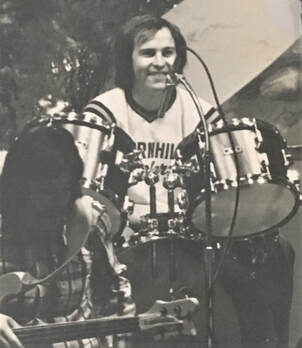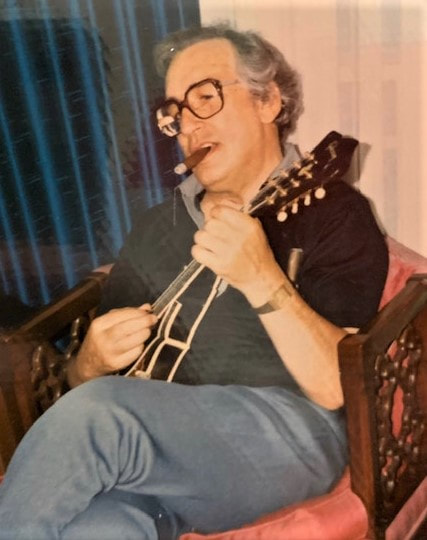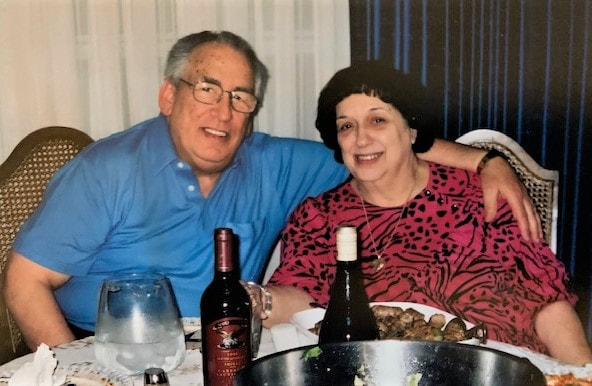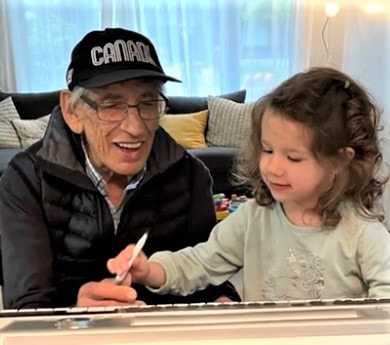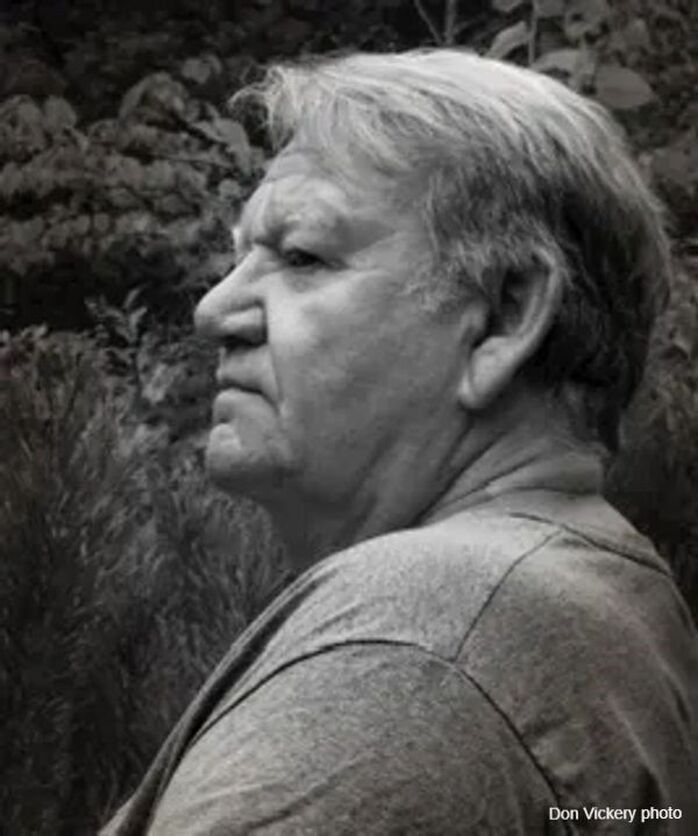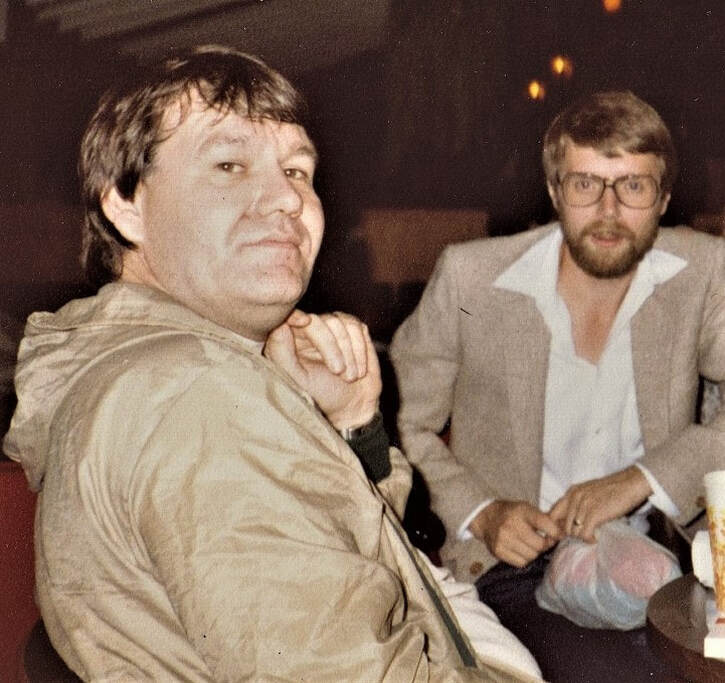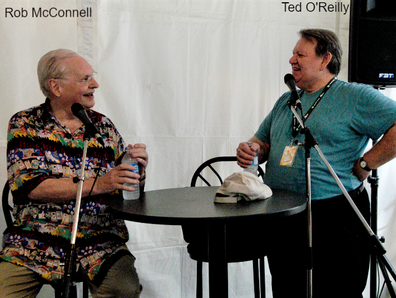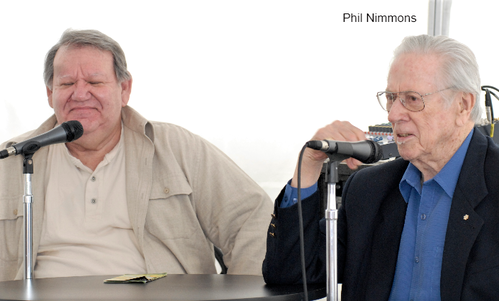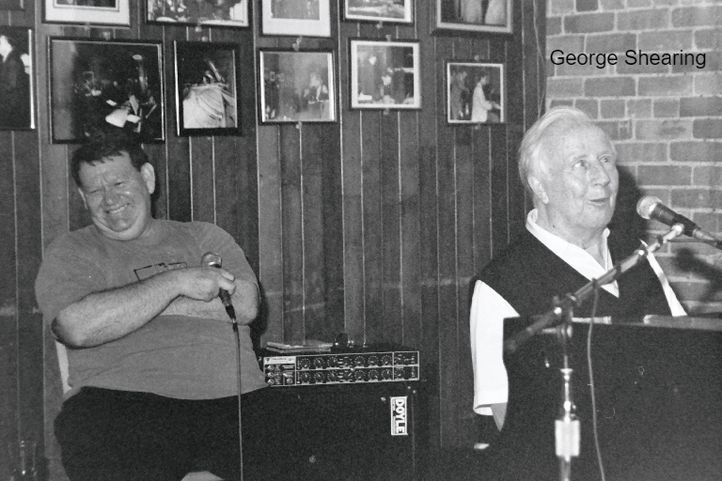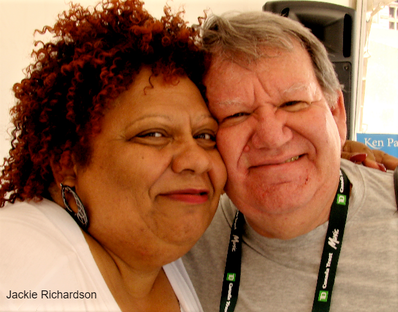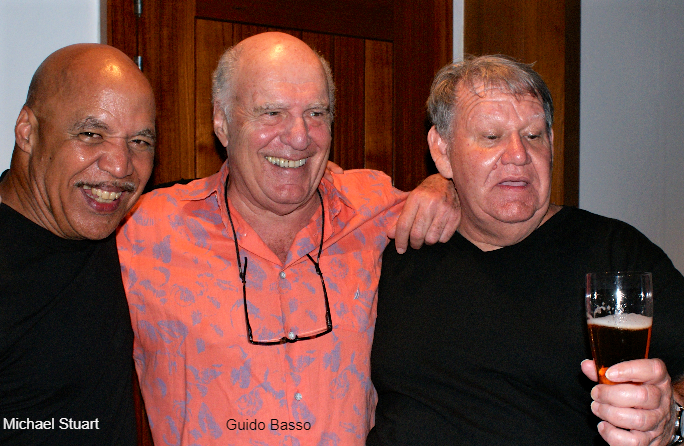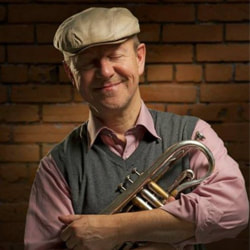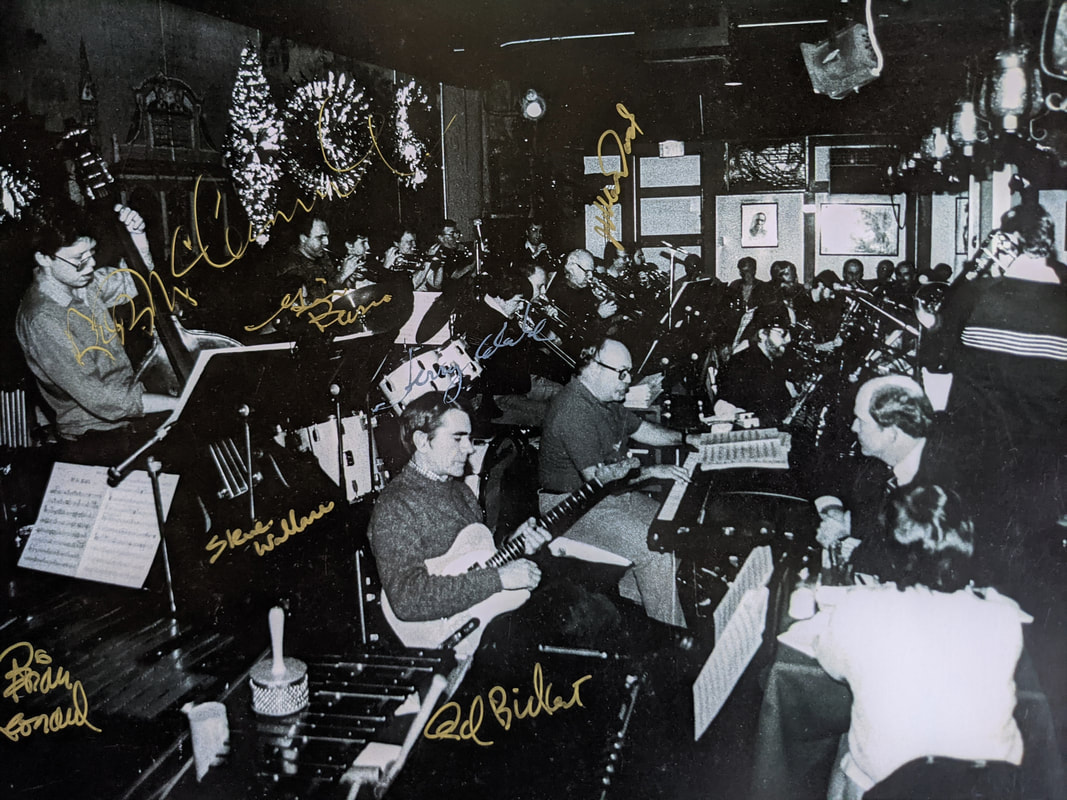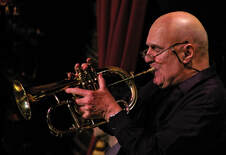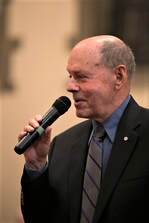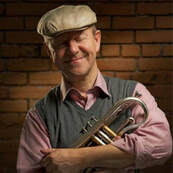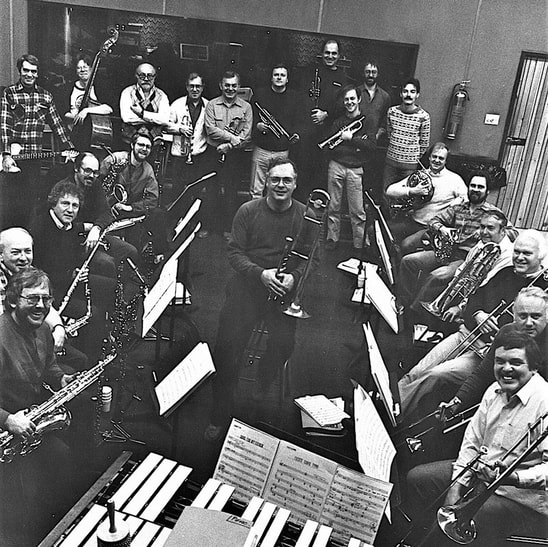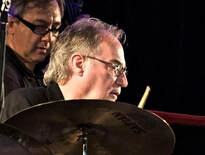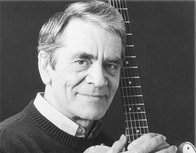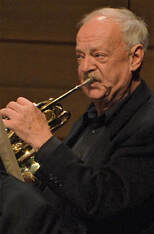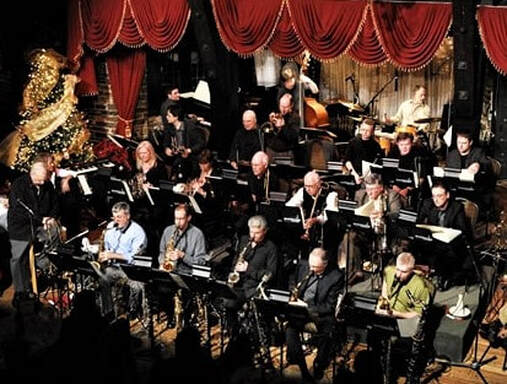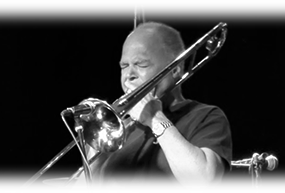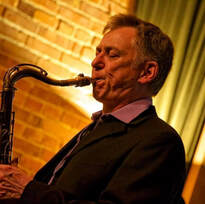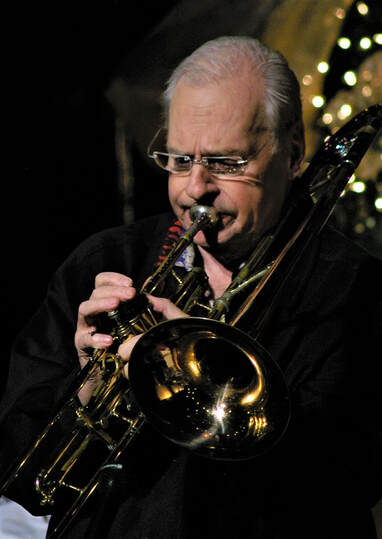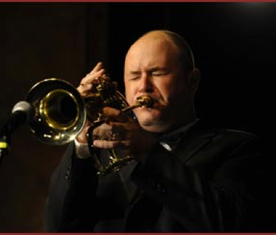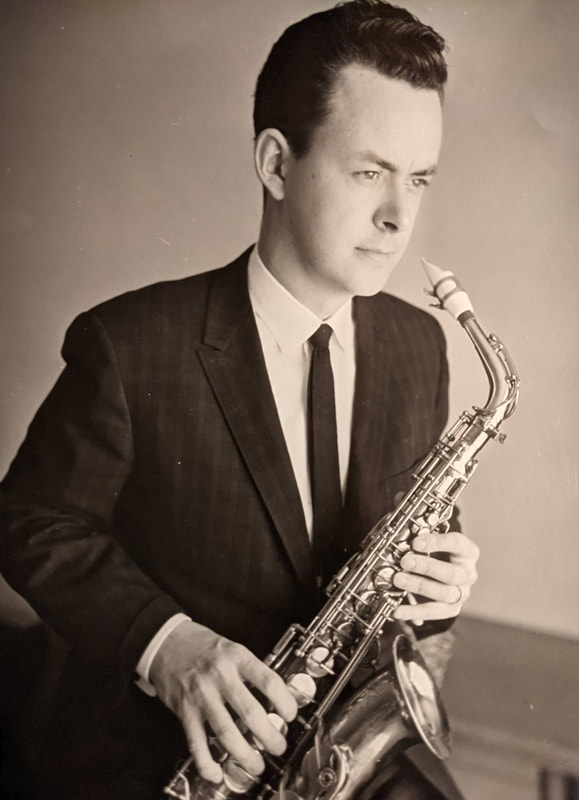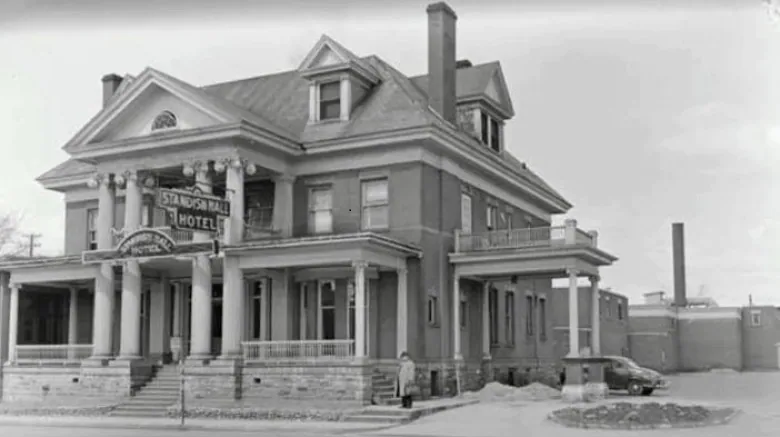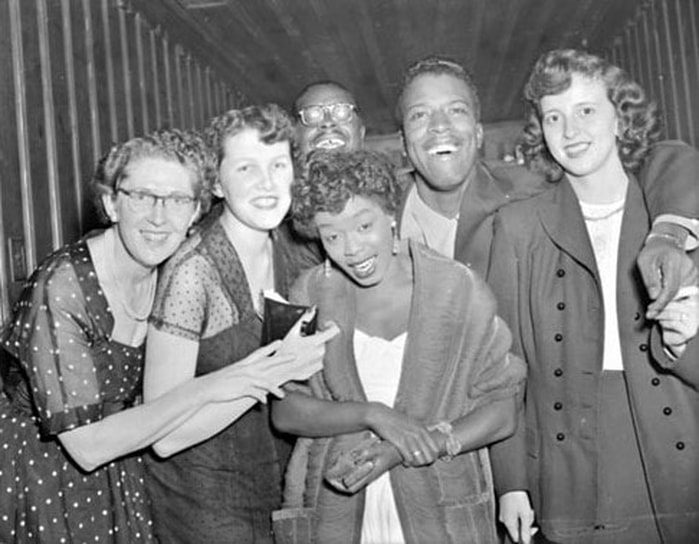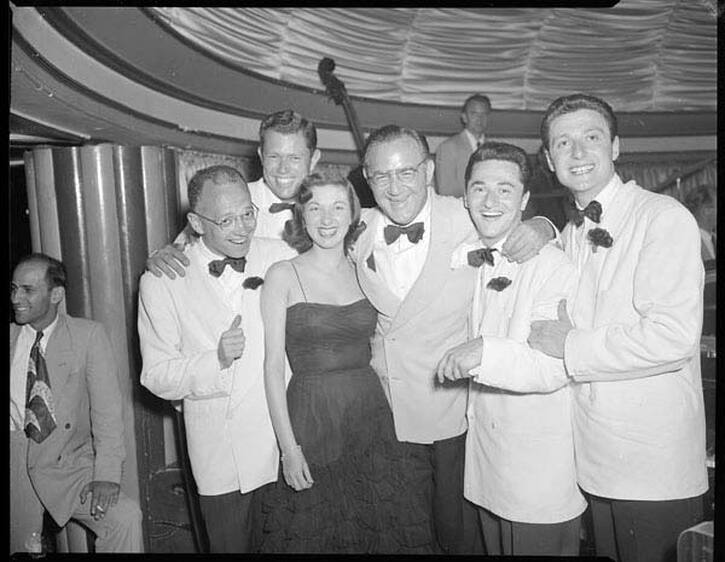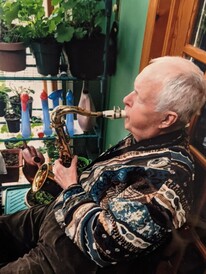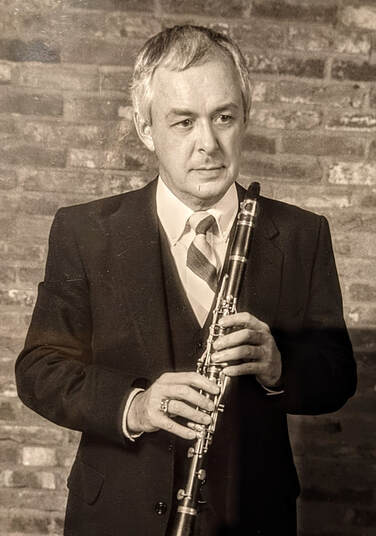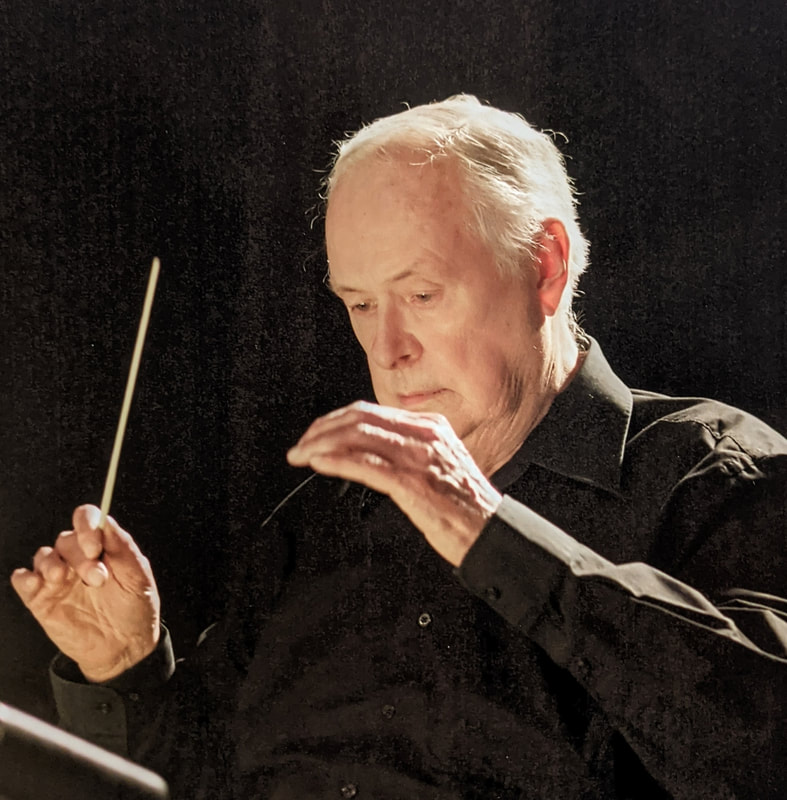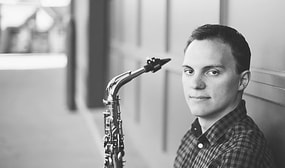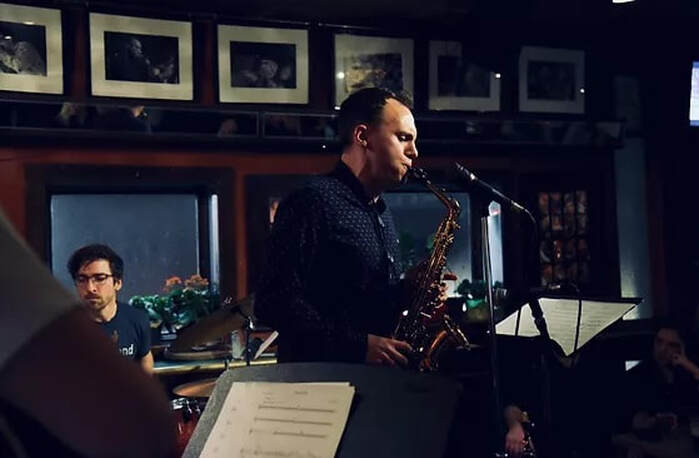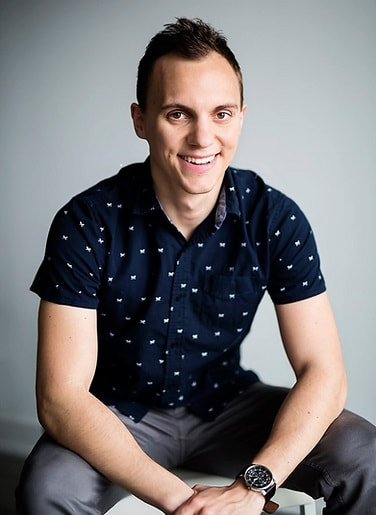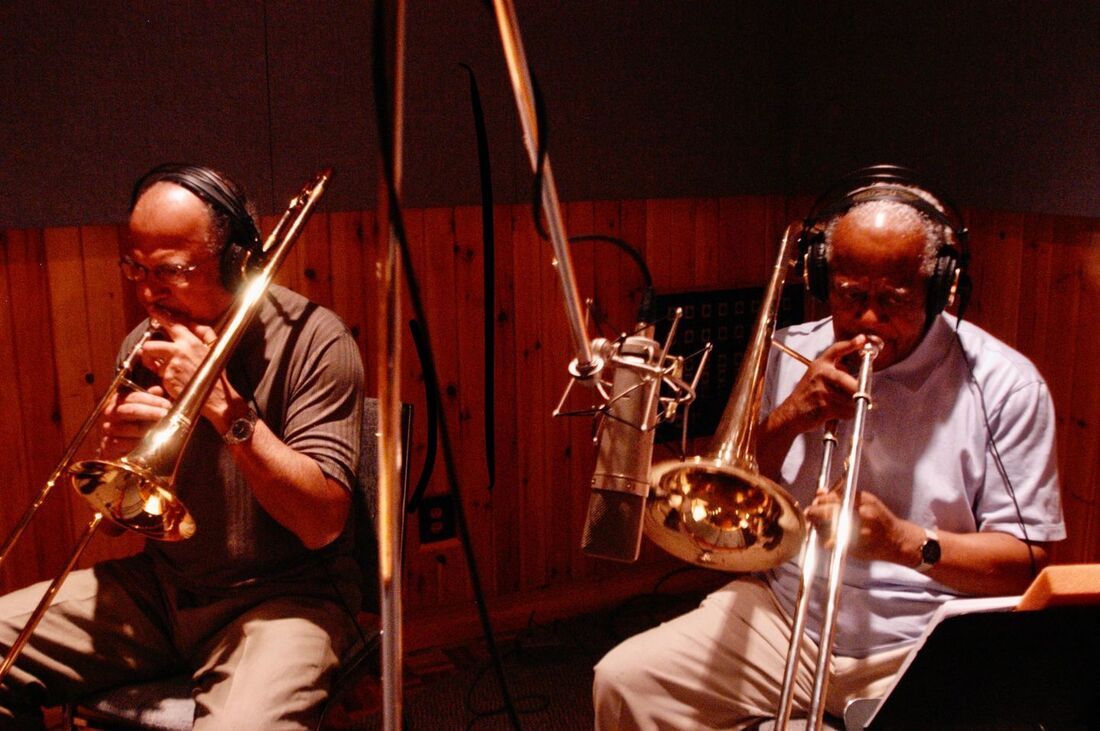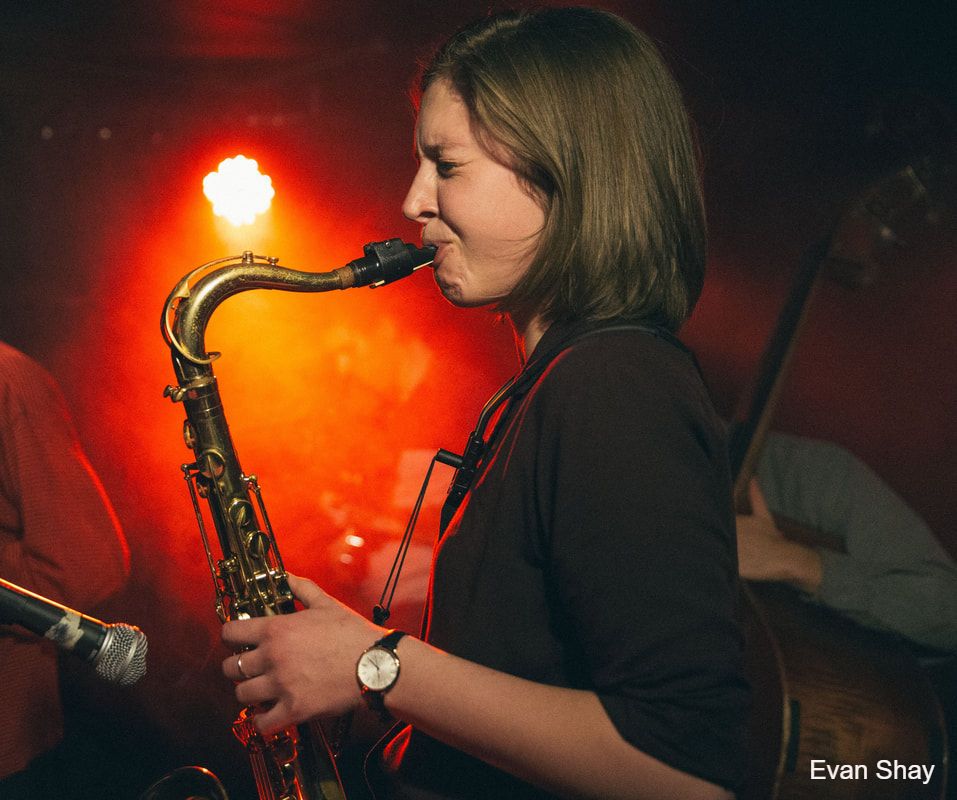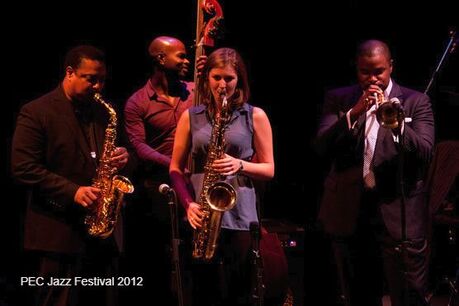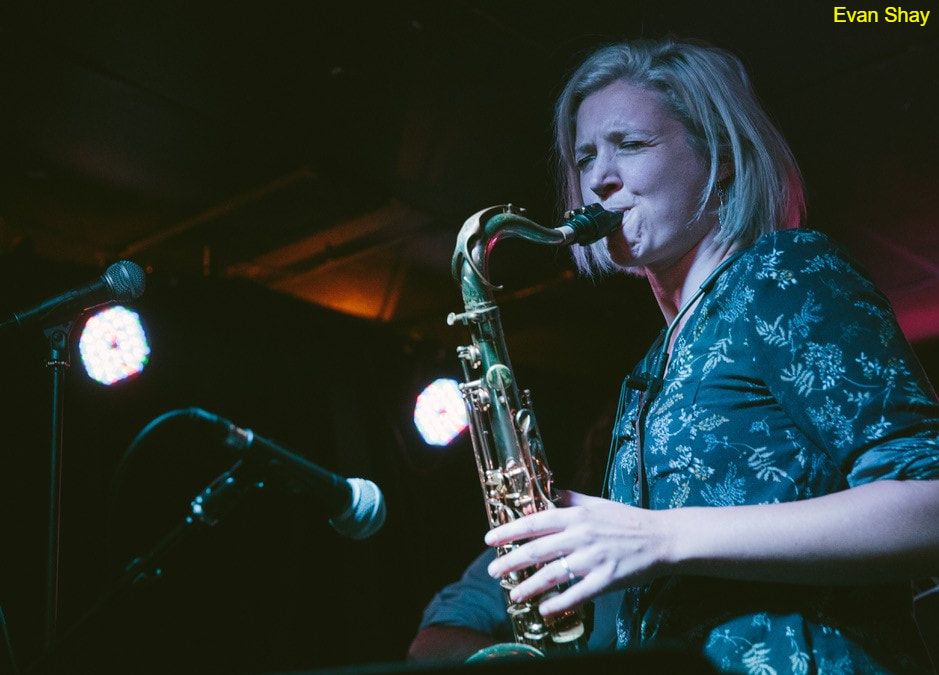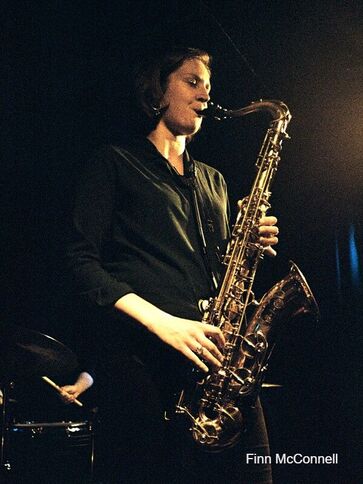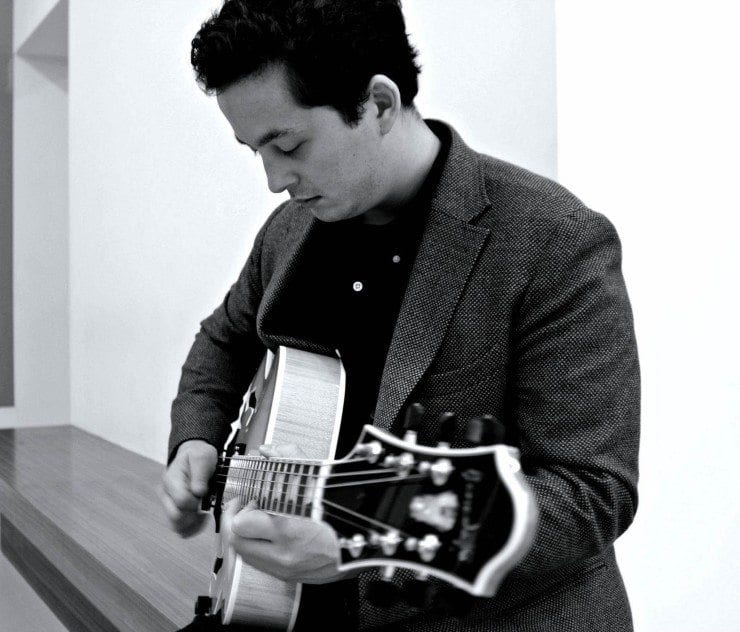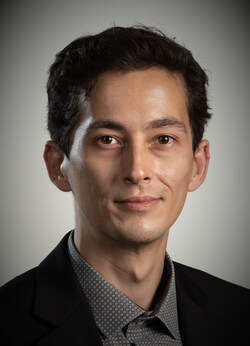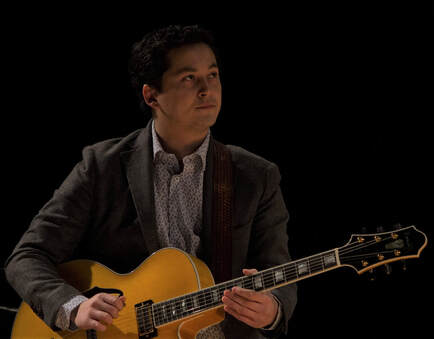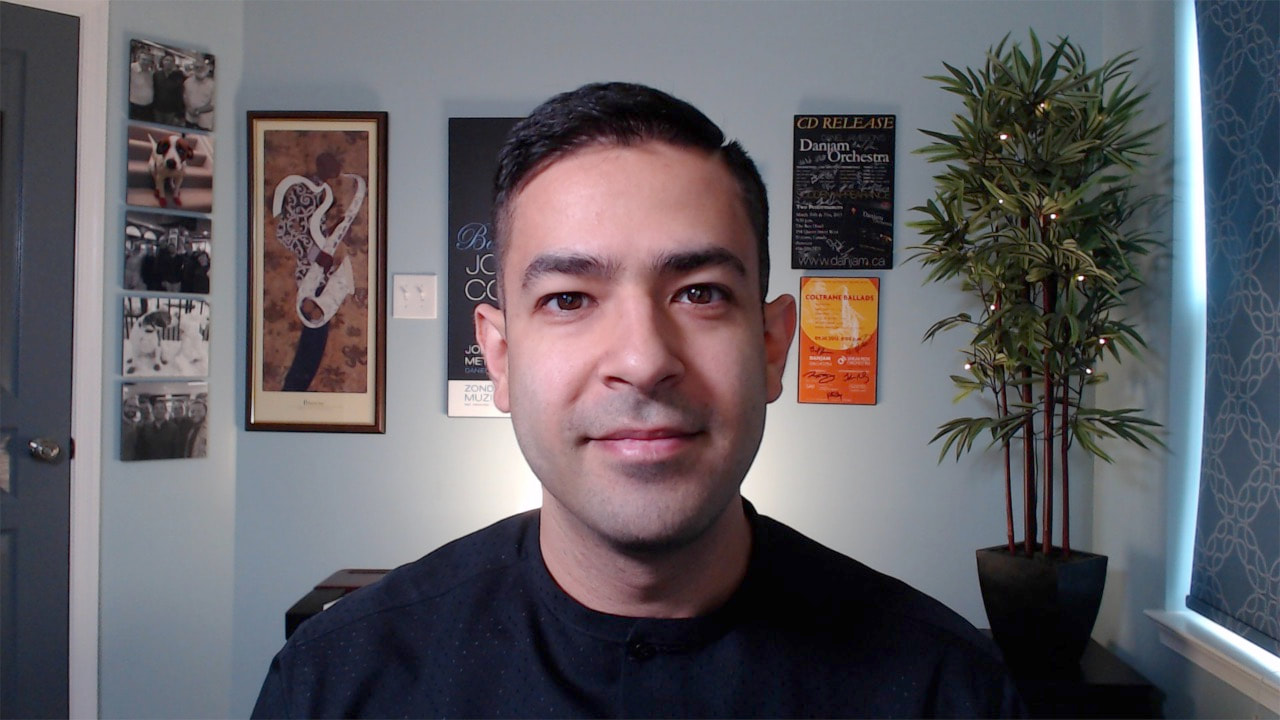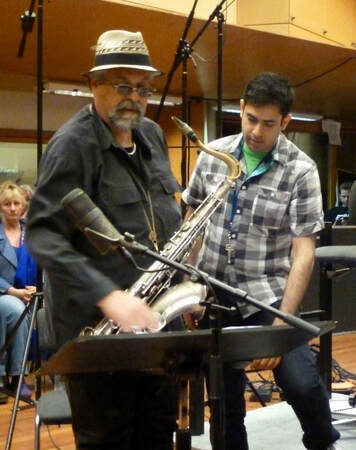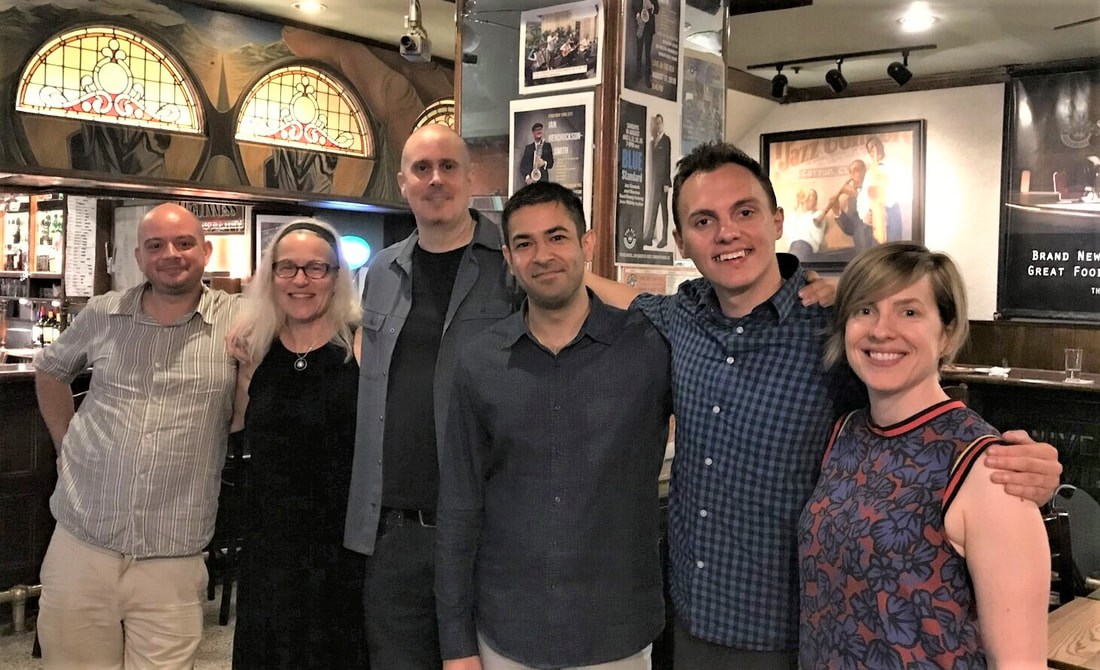The Case for the County Jazz Festival
The twenty-two-year record of the Prince Edward County Jazz Festival is an astonishing artistic and economic success story.
Over more than two decades, this “little” festival has attracted nearly 100,000 fans to about 1,000 performances in more than 50 venues from one end of Prince Edward County to the other. Those shows, by the way, presented multiple Grammy and Juno winners in each of those years, in addition to other internationally-acclaimed artists and well-known local entertainers. All of that in a rural setting untethered to any major urban centre? Unheard of.
Add in the spin-off business all that action has brought in for hotels and motels, BnBs, restaurants, wineries, craft breweries, and so on. We conservatively estimate the festival has injected 7.5-million dollars into Prince Edward County’s economy. And don’t forget how annual big-city advertising for all of it has helped to put “The “County,” and its entire arts community, on the map.
Unlike most major arts festivals in Canada today, there’s been no cost to taxpayers. No government grants. It’s all paid for because of a loyal team of volunteers raising all the required money from a dedicated base of generous donors.
THAT is the story of the Prince Edward County Jazz Festival.
And yet, casual critics sometimes dismiss jazz as a spent force, the music of Grandma and Grandpa whose best days are long gone.
Consider “A Charlie Brown Christmas,” presented by the festival for the second consecutive year on December 11th, 2022. People under 40, many of them with kids, were by far in the majority. Or the sold-out Big Smoke Brass show at Huff Estates Winery in August 2022, when a young and funky “street” band injected an adrenaline rocket into the melting pot that drives jazz forward. Or how about Brian Barlow’s Big Band, a perennial festival favourite, that is now as young and diverse as any in the business, and which has had no problem selling out Picton’s Regent Theatre year after year?
Casual observers probably aren’t aware that for each of the last dozen years, the PECJF has laid on the finest three-day education program in Canada for more than 800 high school jazz musicians. Nor would they know that many of the sixteen winners of the festival’s unique “Rising Young Star” award, some of them “local,” have established careers of their own, and have enthusiastically returned to play on the County Jazz Festival stage as professionals in their own right.
Jazz attracts new fans as it morphs and grows. Mark Twain’s famous “deathbed” revelation is a good fit: “Reports of my death have been greatly exaggerated.”
Over more than two decades, this “little” festival has attracted nearly 100,000 fans to about 1,000 performances in more than 50 venues from one end of Prince Edward County to the other. Those shows, by the way, presented multiple Grammy and Juno winners in each of those years, in addition to other internationally-acclaimed artists and well-known local entertainers. All of that in a rural setting untethered to any major urban centre? Unheard of.
Add in the spin-off business all that action has brought in for hotels and motels, BnBs, restaurants, wineries, craft breweries, and so on. We conservatively estimate the festival has injected 7.5-million dollars into Prince Edward County’s economy. And don’t forget how annual big-city advertising for all of it has helped to put “The “County,” and its entire arts community, on the map.
Unlike most major arts festivals in Canada today, there’s been no cost to taxpayers. No government grants. It’s all paid for because of a loyal team of volunteers raising all the required money from a dedicated base of generous donors.
THAT is the story of the Prince Edward County Jazz Festival.
And yet, casual critics sometimes dismiss jazz as a spent force, the music of Grandma and Grandpa whose best days are long gone.
Consider “A Charlie Brown Christmas,” presented by the festival for the second consecutive year on December 11th, 2022. People under 40, many of them with kids, were by far in the majority. Or the sold-out Big Smoke Brass show at Huff Estates Winery in August 2022, when a young and funky “street” band injected an adrenaline rocket into the melting pot that drives jazz forward. Or how about Brian Barlow’s Big Band, a perennial festival favourite, that is now as young and diverse as any in the business, and which has had no problem selling out Picton’s Regent Theatre year after year?
Casual observers probably aren’t aware that for each of the last dozen years, the PECJF has laid on the finest three-day education program in Canada for more than 800 high school jazz musicians. Nor would they know that many of the sixteen winners of the festival’s unique “Rising Young Star” award, some of them “local,” have established careers of their own, and have enthusiastically returned to play on the County Jazz Festival stage as professionals in their own right.
Jazz attracts new fans as it morphs and grows. Mark Twain’s famous “deathbed” revelation is a good fit: “Reports of my death have been greatly exaggerated.”

